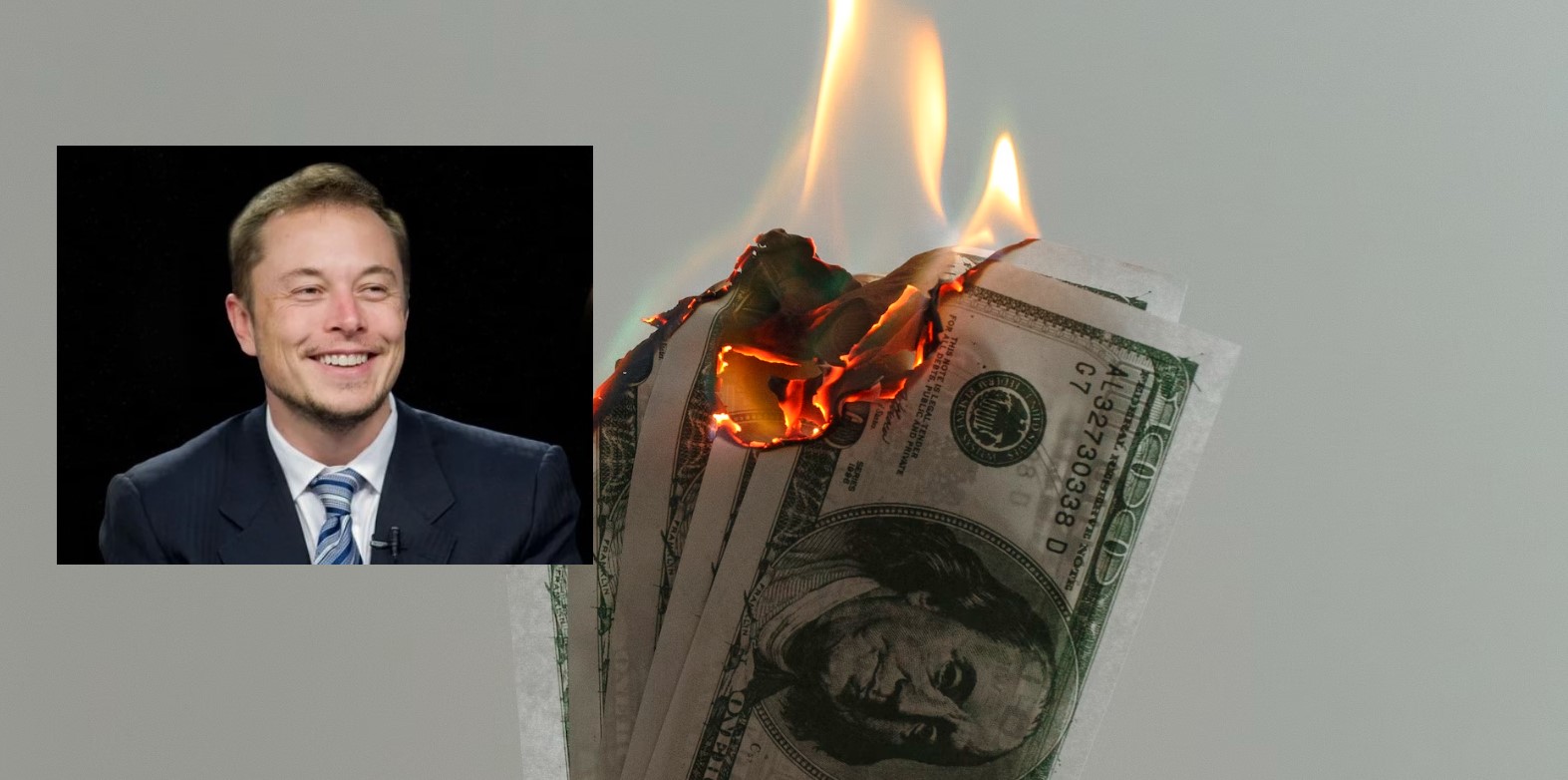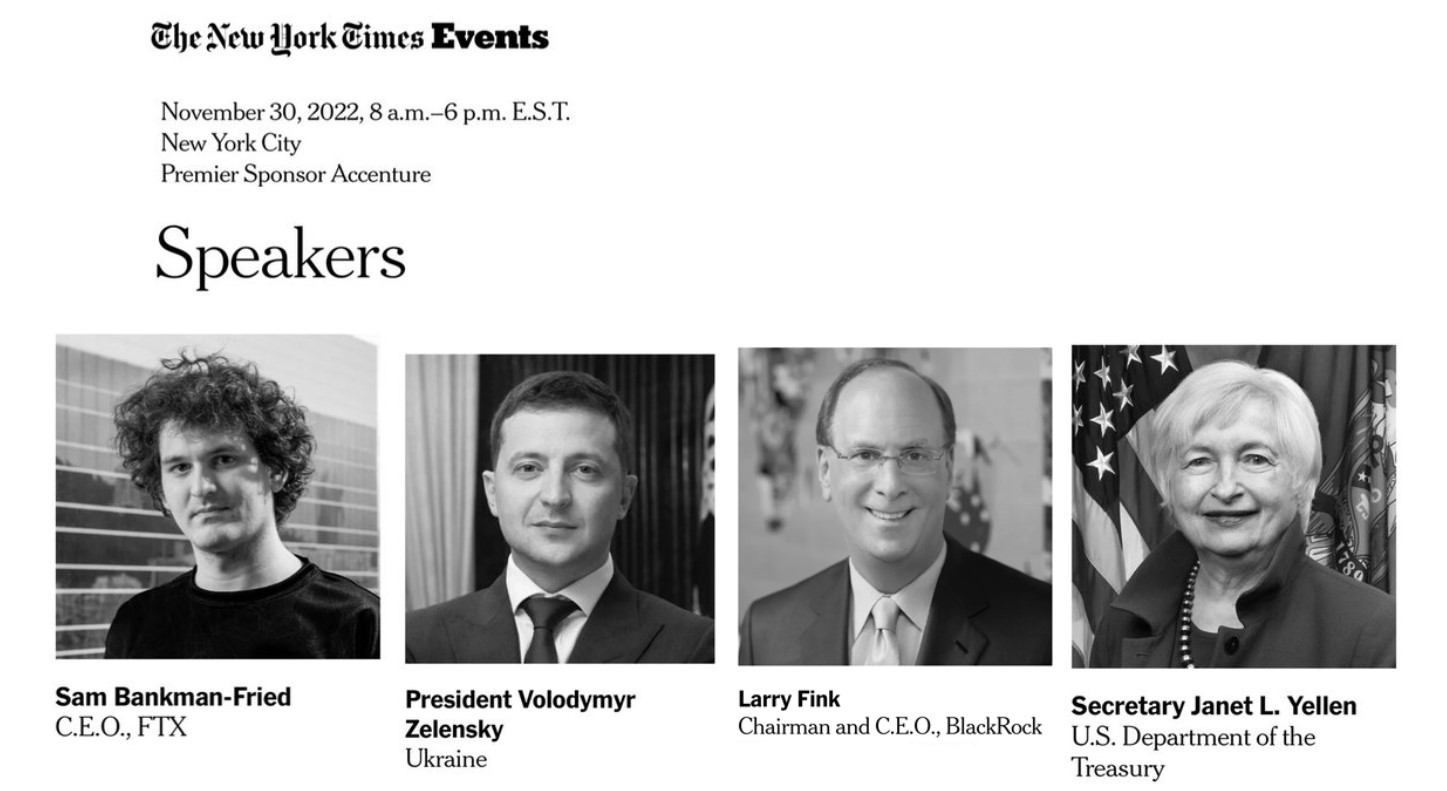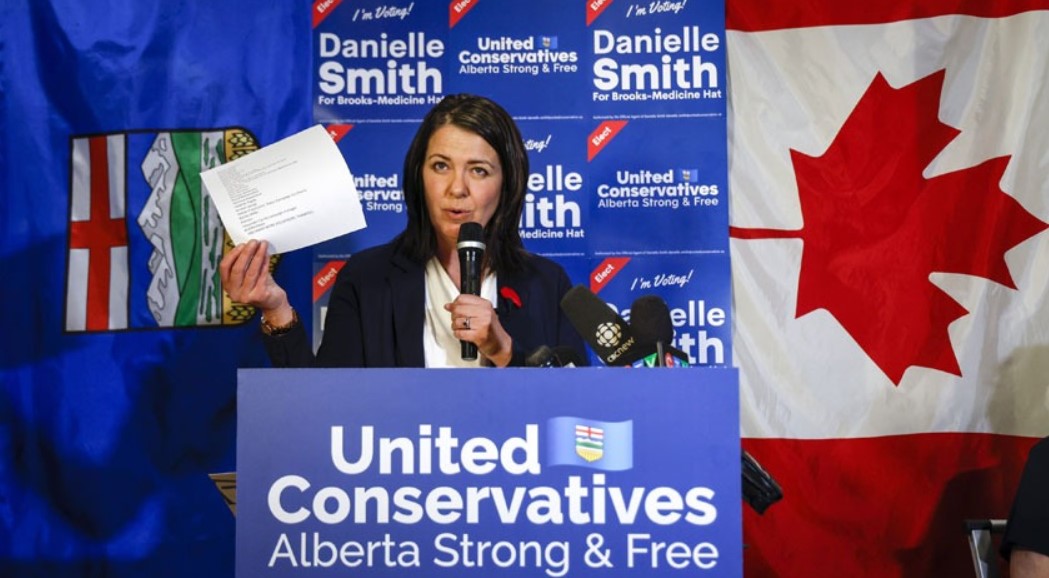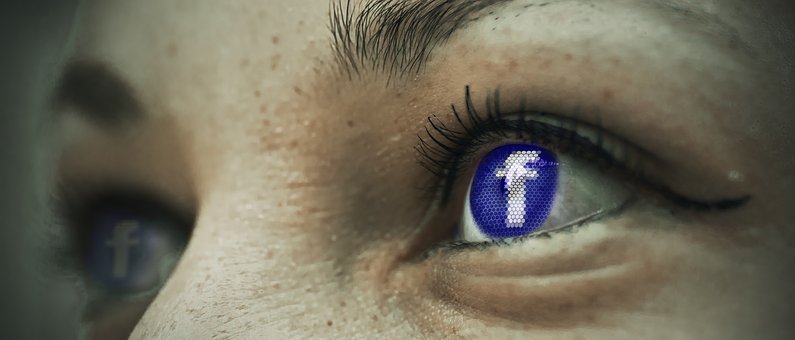Bombshell: Facebook ad sales based on systematically falsified data
A new report revealed that Facebook cheats with its advertisement reach data. This explains why advertisements booked on Facebook have much less impact than Facebook claims, essentially defrauding paying customers.
Published: September 8, 2017, 11:00 am
Only hours after the news surfaced, the company launched a diversion campaign, to keep the real scandal from the font pages. The diversion tactic, presented without evidence, was that a “Russian operation” promoted divisive US-related issues aimed at the US public.
But Google has said it has found Russian tools to manipulate the US elections.
The real scandal that Facebook is seemingly trying to cover up, is that the world’s biggest social network advertisement sales are based on systematically falsified data.
Pivotal Research Group senior analyst Brian Wieser said a large discrepancy between US census data and the potential reach that the social network promises advertisers has been uncovered.
On Tuesday, Wieser pointed out that Facebook’s Adverts Manager tool promised a potential reach of 41 million 18-24 year-olds in the US, while recent census data indicated that only 31 million people living in the US were within that age range.
Similar fraudulent claims were made by Facebook regarding other countries and categories. For advertisers trying to target Facebook users in the UK, the company promised it could potentially reach 5.8 million 20-24 year-olds, 6.4 million 25-29 year-olds, and 5.2 million 30-34 year olds.
But the last UK census from 2011, showed only had 4.3 million 20-24 year-olds, 4.3 million 25-29 year-olds, and 4.1 million 30-34 year olds.
Sydney-based science commentator Derek Muller also accused Facebook of defrauding advertisers by targeting their paid ads at fake accounts.
Muller told Fairfax Media the people who act on paid advertising messages were not real, but scammers who set up fictitious accounts – typically operated out of Egypt, India, and Bangladesh – to artificially inflate the popularity of Facebook pages through multiple likes.
Facebook Australia spokeswoman Antonia Christie admitted that the social network was now cracking down on the sources of fake likes.
One “Ahmed Ronaldo” from Cairo, for example ran a Facebook page filled with pictures from a Portuguese footballer and whose only activity has been to like more than 3000 pages.
In May, Facebook also admitted to a miscategorisation of clicks that led to some advertisers paying more than they should, according to the business weekly Fortune. This was its tenth such mistake in a year. Fortune noted that the “discrepancies” in Facebook metrics may extend to other areas.
Last year Facebook had to apologise for artificially inflating the average amount of time it claimed users spent watching videos on its platform.
Facebook makes enormous profits by claiming knowlegde of users of its “free services”. They sell this information in form of advertisement space, but most of the data obtained is useless and Facebook’s claims of advertising precision, reach and impact are patently false.
In response, Facebook blamed Russia. “Facebook Inc said on Wednesday it had found that an operation likely based in Russia spent $100 000 on thousands of US ads promoting divisive social and political messages in a two-year-period through May,” Reuters reported. The “Russian” diversion is obviously designed to take away media attention from its fraudulent ad-sales.
Despite zero evidence in the Facebook statement of any influence, intent or effect or even a connection with anything Russian, Facebook stated: “Our analysis suggests these accounts and Pages were affiliated with one another and likely operated out of Russia.”
But these pages were most likely un-targeted ads bought by Americans, called “Natasha” on their Facebook page. Reuters noted that Facebook declined to release the so-called “Russian” ads, indicating moreover that there is zero credibility to Facebook’s Russia allegations.
All rights reserved. You have permission to quote freely from the articles provided that the source (www.freewestmedia.com) is given. Photos may not be used without our consent.
Consider donating to support our work
Help us to produce more articles like this. FreeWestMedia is depending on donations from our readers to keep going. With your help, we expose the mainstream fake news agenda.
Keep your language polite. Readers from many different countries visit and contribute to Free West Media and we must therefore obey the rules in, for example, Germany. Illegal content will be deleted.
If you have been approved to post comments without preview from FWM, you are responsible for violations of any law. This means that FWM may be forced to cooperate with authorities in a possible crime investigation.
If your comments are subject to preview by FWM, please be patient. We continually review comments but depending on the time of day it can take up to several hours before your comment is reviewed.
We reserve the right to delete comments that are offensive, contain slander or foul language, or are irrelevant to the discussion.

Ohio disaster: When hedge funds manage rail traffic
East PalestineAfter the derailment of a freight train loaded with highly toxic chemicals in the US state of Ohio, a devastating environmental catastrophe may now be imminent. The wagons burned for days, and a "controlled" explosion by the authorities released dangerous gases into the environment.

US President Biden orders ‘spy’ balloon to be shot down
WashingtonThe US President gave the order to shoot down China's "spy balloon". The balloon had caused US Secretary of State Blinken to cancel a trip to Beijing. In the meantime, a second balloon was sighted.

US is heading for a financial ‘catastrophe’ US Treasury Secretary warns
WashingtonOn January 19, 2023, the United States hit its debt ceiling of $31.4 trillion. The country faces a recession if it defaults on its debt, the US Treasury Secretary warned in an interview. Her warning underscored the danger of printing money.

Gun violence: More risk in Chicago and Philadelphia than Iraq, Afghanistan
Providence, Rhode IslandA striking statistic: young Americans are several times more likely to be injured by a gun in cities like Chicago and Philadelphia than they are while serving as a soldier in a foreign country.

Elon Musk, the first person in history to destroy $200 billion in a year
Never before in human history has a person lost as much money in one year as Elon Musk did in 2022. The Tesla and Twitter boss lost $200 billion last year. However, with his remaining $137 billion, he is still the second richest person in the world.

Extreme cold and winter storms sweep across US
More than a million households without electricity, thousands of canceled flights, temperatures in the double-digit minus range and already 41 fatalities: The US is being overwhelmed by an enormous cold wave.

Soros sponsors violent leftists and anti-police lobby as US crime surges
WashingtonThe mega-speculator and "philanthropist" George Soros remains true to himself – he has been sponsoring anti-police left-wing groups with billions of dollars.

FTX Founder Sam Bankman-Fried arrested after crypto billions go missing
NassauHe is no longer sitting in his fancy penthouse, but in a cell in the Bahamas: Sam Bankman-Fried (30), founder of the crypto company FTX, is said to be responsible for the theft of 37 billion euros. An interesting fact is that media in the EU have so far kept this crime thriller almost completely secret.

How Twitter helped Biden win the US presidency
WashingtonThe short message service Twitter massively influenced the US presidential election campaign two years ago in favor of the then candidate Joe Biden. The then incumbent Donald Trump ultimately lost the election. Internal e-mails that the new owner, Elon Musk, has now published on the short message service show how censorship worked on Twitter. The 51-year-old called it the “Twitter files”.

Alberta PM suspends cooperation with WEF
EdmontonThe newly elected Premier Danielle Smith of the province of Alberta in Canada has recently made several powerful statements against the globalist foundation World Economic Forum and its leader Klaus Schwab. She has also decided to cancel a strange consulting agreement that WEF had with the state.






